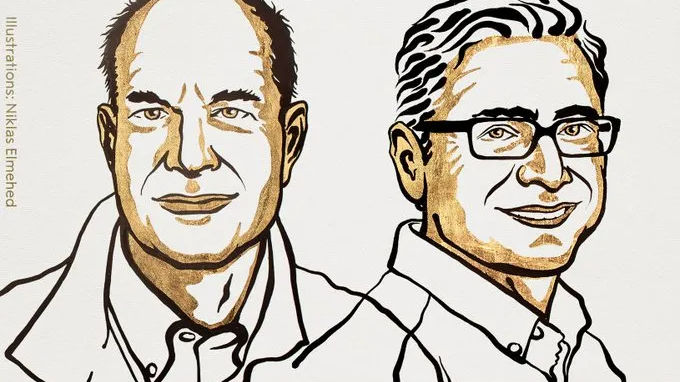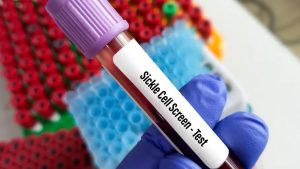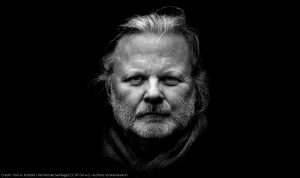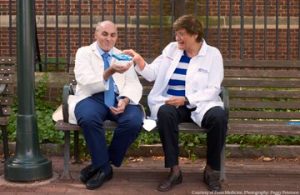The 2021 Nobel Prize in the field of physiology or medicine was awarded to US scientists David Julius and Ardem Patapoutian. They were cited for their discovery of receptors for temperature and touch.
The winners were announced by Thomas Perlmann, secretary-general of the Nobel Committee.
Nobel Committee’s Patrik Ernfors said Julius used capsaicin, the active component in chile peppers, to identify the nerve sensors that allow the skin to respond to heat.
Patapoutian, on the other hand, found separate pressure-sensitive sensors in cells that respond to mechanical stimulation.
“This really unlocks one of the secrets of nature,” said Perlmann.
“It’s actually something that is crucial for our survival, so it’s a very important and profound discovery,” he added.
Oscar Marin, director of the MRC Centre for Neurodevelopmental Disorders at King’s College London, said: “While we understood the physiology of the senses, what we didn’t understand was how we sensed differences in temperature or pressure.”
“Knowing how our body senses these changes is fundamental because once we know those molecules, they can be targeted. It’s like finding a lock, and now we know the precise keys that will be necessary to unlock it,” Marin added.
Last year, the Nobel Prize in Physiology or Medicine were won by three scientists who discovered the liver-ravaging hepatitis C virus. This was a breakthrough that led to cures for the deadly disease and tests to keep the scourge from spreading through blood banks.
The prestigious Nobel Prize comes with a gold medal and 10 million Swedish kronor (over $1.14 million).
The prize amount comes from a bequest left by the prize’s creator, Swedish inventor Alfred Nobel, who died in 1895.
Also Read | Nobel prize ceremonies forgo ‘the magic’ because of coronavirus
The prize is the first to be awarded this year. The other prizes are for outstanding work in the fields of physics, chemistry, literature, peace and economics.
The Nobel Assembly often commends basic science, but practical applications are also sometimes recognised. This could boost the chances of those involved in developing vaccines against the coronavirus getting the prize.
(With inputs from Associated Press)







